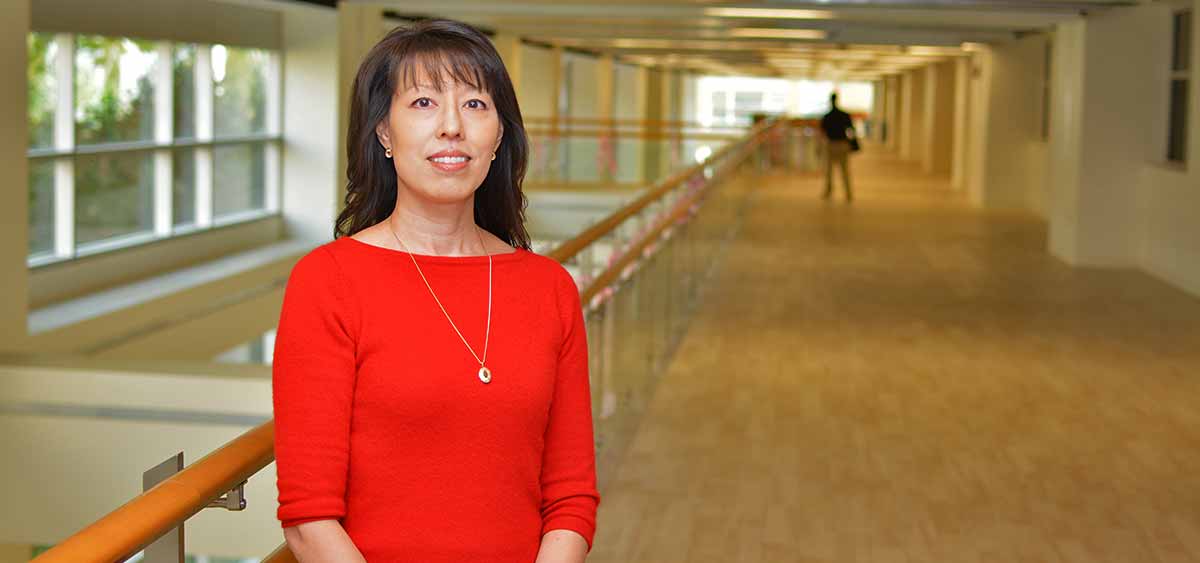
PHILADELPHIA (June 22, 2020)—A researcher at Fox Chase Cancer Center was recently awarded a grant for the first large-scale study evaluating a method that allows Asian American women to collect their own samples, which can then be tested for the presence of the human papilloma virus (HPV).
HPV is the most common sexually transmitted infection in the United States, according to the Centers for Disease Control and Prevention. In cases where HPV does not go away on its own, it can lead to other serious health issues like cervical cancer. Most people with HPV aren’t aware they are infected until symptoms like genital warts appear or they receive abnormal results on a Pap test during a screening.
“Cervical cancer screening rates are suboptimal among Asian American women, despite considerable efforts to improve Pap test screening,” said Carolyn Y. Fang, PhD, one of the principal investigators on the study and co-leader of the Cancer Prevention and Control Research Program at Fox Chase.
Fang will be conducting the research with Grace X. Ma, PhD, multiple principal investigator for the study, and founding director of the Center for Asian Health and Associate Dean for Health Disparities at the Temple University Lewis Katz School of Medicine.
“Many of the barriers to screening reported by this population are ones that cannot be easily remedied with traditional health promotion programs. Thus, we sought to explore novel approaches for increasing participation in cervical cancer screening,” Fang said.
She added that there are several factors that contribute to low screening rates, including cost, lack of insurance or regular healthcare provider, language barriers, embarrassment, or lack of time.
The grant from the National Cancer Institute provides researchers with $3.1 million over a period of five years. During that time, they plan to examine self-collection of samples for HPV testing from 800 Asian American women at community sites versus Pap smear testing at clinics.
Although prior studies have demonstrated that HPV self-sampling can be offered in community settings in the United States, none of the studies have focused on Asian American women specifically, despite the fact that this population has among the lowest cervical cancer screening rates, Fang said.
“The utilization of this innovative HPV self-sampling tool,” Ma added, “can potentially improve cervical cancer screening among the underserved Asian Americans with limited English proficiency, as well as other minority women in low-resource settings.”
For the study, twelve community sites will receive a previously tested community education program on cervical cancer screening, along with HPV self-sampling kits. Another 12 community sites will receive the same community education program plus navigation to clinic-based screening, which may include assistance with language or insurance barriers, transportation issues, or in identifying a nearby clinic.
“This research will inform future health promotion programs for patients who are unable to attend a healthcare facility for clinic-based cervical cancer screening. This work will also allow us to explore whether this approach is a cost-effective strategy, which is valuable information for those policy makers who establish national screening guidelines,” said Fang.